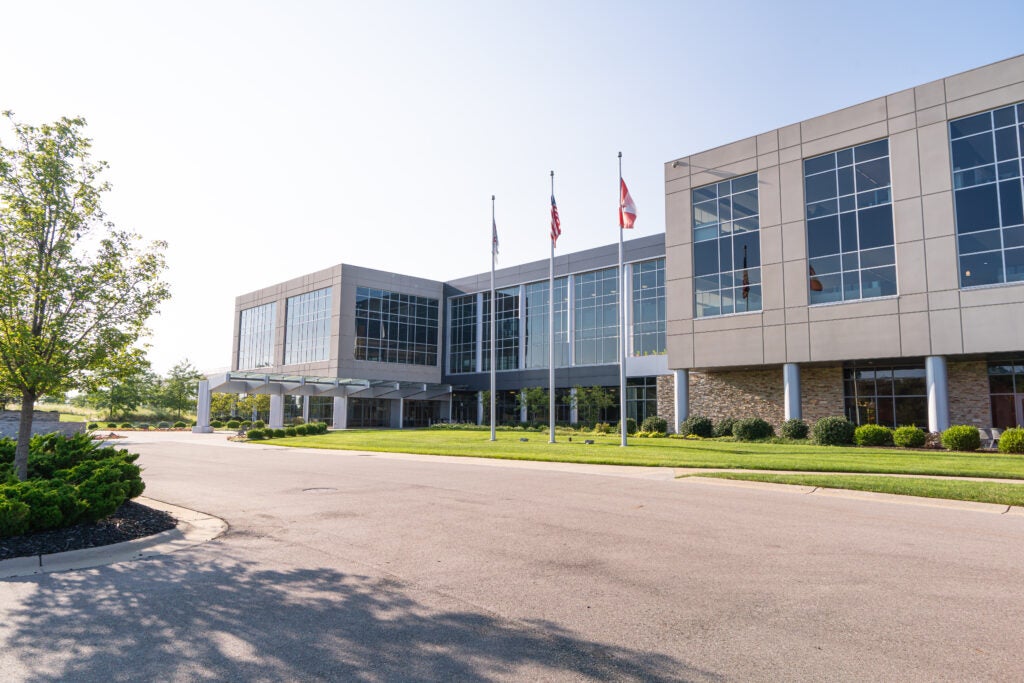There is good news for employers in the food industry, thanks to a landmark new decision issued December 14, 2017, by the National Labor Relations Board. In the case of Hy-Brand Industrial Contractors the NLRB overruled its Obama-era decision in Browning-Ferris Industries which governed joint-employer liability.
The old rule
Under the now overruled Browning-Ferris standard, two or more entities were deemed joint employers under the National Labor Relations Act if one of the entities reserved the right to exercise control over the labor relations of the other entity. Indirect control was deemed sufficient to make a franchisor a joint employer with a franchisee. Even if the franchisor never actually exercised control, or had control of a limited or routine nature, was cause enough under the Browning-Ferris standard to impose joint liability against the franchisor along with the franchisee. Needless to say, the Browning-Ferris decision was poorly viewed by businesses, and in particular by the food industry.
Under this Browning-Ferris indirect control standard, the business community saw hundreds of cases filed with the NLRB against fast food franchisors and franchisees as joint employers, even when the franchisors took no active role in the operations of the franchisee’s businesses, labor relations, scheduling or discipline. For example, from 2014-2016, the NLRB issued multiple complaints nationwide against McDonald’s as well as its franchisees even though McDonald’s operates only about 10 percent of its 14,000 U.S. restaurants.
The new rule
This indirect, or potential, control factor that hurt franchisors like McDonald’s under the Browning-Ferris standard is no longer an impediment following the new Hy-Brand NLRB decision. In a 3-2 decision, the Board explicitly overruled Browning-Ferris and held that, in all future and pending cases, two or more entities will be deemed joint employers under the National Labor Relations Act only if there is actual proof that one entity has exercised control over essential employment terms of another entity’s employees and has done so directly and immediately in a manner that is not limited or routine. The Board concluded that this new decision adheres to the common legal definition of joint employers and is supported by the NLRA’s policy of promoting stability and predictability in bargaining relationships.
Business groups are already hailing the new Hy-Brand decision as a restoration of established law and a return to clarity for restaurants, food companies and businesses across the country. Many in the business community also praise the return of a standard that is not broad or vague, but rather clearly delineated so business owners know when they may be liable for the acts of related entities or franchisees, and also feel confident that they will not be held accountable for the labor and employment practices of independent contractors, subcontractors, staffing companies and franchisees over which they have no direct control.
What it means for your business
Heading into 2018, many employers are increasingly subcontracting vital parts of their business to other contractors and/or using temporary agencies to fill vital positions. The reversal of Browning-Ferris will allow businesses who do not exercise actual control over these temporary employees or subcontractors to be insulated from any labor-related violations these temporary agencies or subcontractors may commit.
The takeaway for restaurants and foodservice companies after this watershed NLRB decision on the joint employer standard? Scrutinize your franchise agreements, subcontracting agreements and temporary labor agreements for language addressing your involvement with labor relations at the place of business. By ensuring that you do not exercise direct and immediate control over employees of a company with which you do business, you are now markedly more likely to be protected from liability under the National Labor Relations Act from a claim of unfair labor practices by employees and/or unions.
This article is for informational purposes only. It is not legal advice. Always consult with your lawyer regarding your specific circumstances.











